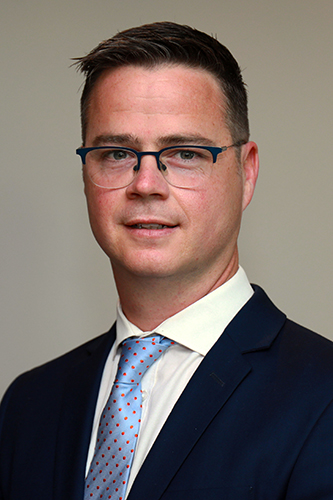
The Covid-19 pandemic has adversely affected the basic education sector through temporary school closures aimed at reducing the spread of the virus. This has led to the implementation of various remote learning initiatives across South Africa, the Portfolio Committee on Basic Education heard on Tuesday, 25 August.
The committee received an update from the Department of Basic Education (DBE) on the implementation of online learning since the beginning of the first wave of Covid-19. The DBE together with provincial education departments, the National Education Collaboration Trust (NECT) and other partners implemented several interventions to ensure that learning continues through all the waves of increased rates of coronavirus infection.
One such intervention, a collaboration between the DBE and NECT, is the implementation of the Remote Learning Programme. The programme includes two work streams: Woza Matric work stream (Grade 12) and Tswelopele work stream (Grade R – 11). The programme aims to support learning, exam preparation and catch-up, targeting 1.2 million learners, and 50 000 teachers and parents. The programme delivers lessons remotely via broadcasting (TV and radio) and online platforms.
The DBE said virtual classroom lesson and teaching platforms should be broadcast live on various digital platforms, such as TV, smart devices, laptops and mobile phones. The start of phase 1 – testing and piloting – has been delayed due to Covid-19 protocols.
The DBE informed the committee that some of the benefits of the programme are an interactive online education platform for educators and learners; users are able to create self-grading and interactive learning content that will lead to effective and efficient teaching and learning; it is accessible to teachers and learners anywhere and anytime using different web-enabled devices; it equips learners with 21st-century skills for the workplace; and supports the emergence of a new type of school.
The Independent Communications Authority of South Africa assigned temporary radio frequency spectrum in the various bands to five mobile network operators. The obligation will be implemented for a period of 17 months from the date of the installation of the complete solution. The DBE and partners identified 17 schools in the eight districts to implement phase 1 of the virtual classroom solution.
Committee member Mr Baxolile Nodada enquired whether the DBE has created a home-school policy, as there is a need to further develop the online-learning space. He also wanted to know if the department has researched international best practice in this regard. Mr Mathanzima Mweli, director-general for the DBE, said in response that the department is in the process of finalising a policy for on-line schooling.
Another committee member Ms Nombuyiselo Adoons, expressed concern about asset security, as criminals target technology infrastructure found in schools.
Committee Chairperson Ms Bongiwe Mbinqo-Gigaba said the committee, as part of its oversight responsibilities over the DBE, will monitor the implementation of the programme and its effectiveness on the system.
Rajaa Azzakani
25 August 2021

